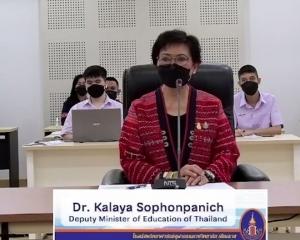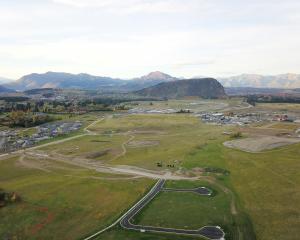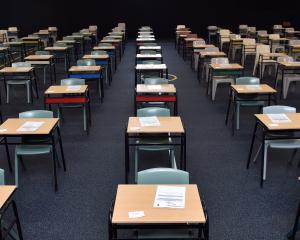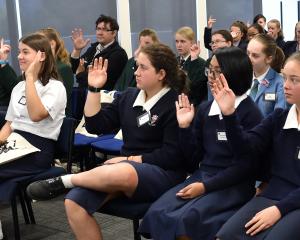The Government needs to step in and stop high schools "side-stepping" Maori history courses, according to academics.
The call comes in a joint statement from leading academics in Maori studies at Wellington's Victoria University and Canterbury University in Christchurch.
The two academics, Victoria's Peter Adds and Canterbury's Dr Richard Manning, said teachers must be given appropriate resources and professional development opportunities to enhance their abilities to teach Maori history.
"Research suggests history teachers often avoid Maori content because they and their non-Maori students, parents and colleagues feel Maori topics are too controversial."
Mr Adds said at a public lecture last month that the lack of Maori perspectives in secondary school history and social studies curriculum was having damaging social effects.
"It has a profoundly negative effect on the attitudes and views of New Zealanders on a range of important contemporary issues affecting race relations in our country today."
Dr Manning, in research focussing on the Wellington area, found that 71 percent of the 24 schools he surveyed "avoided" the NCEA level 1 topic: Maori and Pakeha (1912-1980), while 77 percent of 126 schools surveyed by the New Zealand History Teachers' Association "side-stepped" it.
Both surveys also revealed that no schools were teaching three of the four new Maori history topics that the Ministry of Education introduced in 2001.
Dr Manning's survey also revealed that 29 percent of the schools surveyed did not offer a Maori topic in any NCEA levels 1-3 history programmes.
Dr Manning and Mr Adds are calling on the Government to conduct an inquiry into the history curriculum and to consult with iwi and Maori organisations to make sure Maori perspectives are represented.
Teachers should not have greater freedom to pick and choose topics as this will leave Maori history vulnerable, the statement said. "This is especially important if the Minister for Education states that this is a 'bicultural' curriculum."











